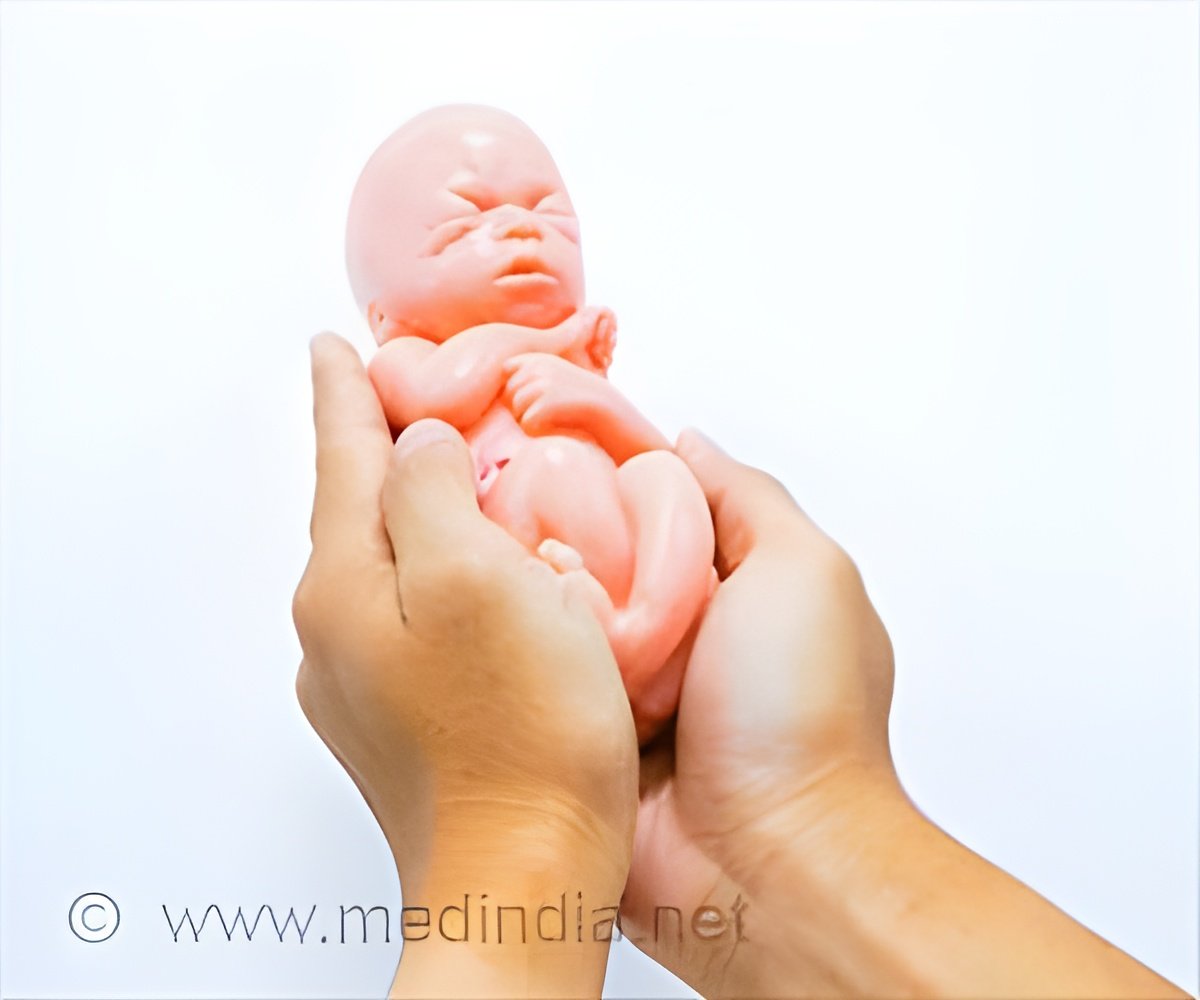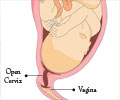Men often use descriptions to cope with their partner's miscarriage and to describe their role in the experience.

After interviewing 45 men, Horstman and her team found five metaphors often reflected the men's understanding of the physical, emotional and relational implications of their partner's miscarriage. These included lost gift, cataclysm, death of a loved one, emptiness, and chaotic movement. Unexpectedly, the researchers discovered these men also used four additional metaphors to describe their role in the experience -- rock, guard, repairman and secondary character.
"In describing the miscarriage itself, the men are speaking to a societal expectation that pregnancy is easy and smooth," Horstman said. "When describing their role in the experience, the men speak to the traditional expectation that they should be heterosexual and tough. But without intention, we see that men's emotions are being pushed aside to help their partner, when in reality these men are also suffering."
The researchers hope the study's findings will encourage couples to "co-cope" with the experience by using metaphors and other descriptive phrases when talking about miscarriage. They hope these findings will encourage men to find helpful ways to talk about their spouse's miscarriage. They also acknowledge that the study's participants were mainly highly educated heterosexual white men and look to expand future research with other ethnic and social groups.
Horstman researches how couples talk about miscarriage. Her interest began when she and one of the study's co-authors, Amanda Holman, were in graduate school and witnessed many their friends experiencing infertility and miscarriages.
"We noticed a lot of the men that were a part of the relationships didn't talk about miscarriage," Horstman said. "They didn't feel they had the space to talk about it, and didn't feel like they could cope with miscarriage because it is such a women's space."
Advertisement
Source-Eurekalert














